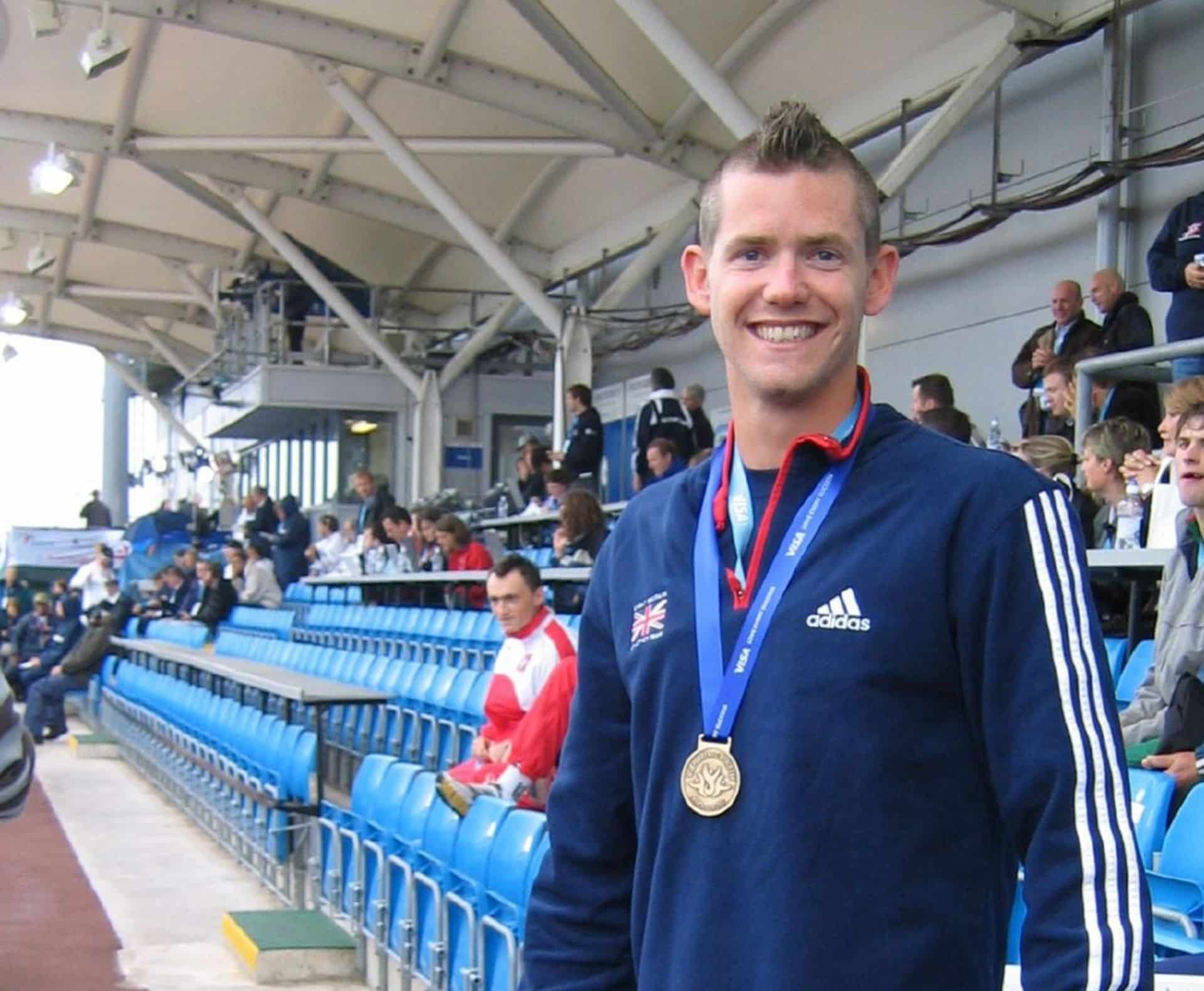First Astronaut with Disability to Join Space Mission
Source: GreekReporter.com

The European Space Agency (ESA) has approved John McFall, a British surgeon and former Paralympian, for a long-term mission to the International Space Station (ISS), making him the first astronaut with a physical disability to receive such clearance.
McFall, 43, lost his leg in a motorcycle accident at age 19 but went on to compete as a Paralympic sprinter before pursuing a career in medicine. ESA selected him for its astronaut reserve in 2022, launching a study to determine whether a person with a prosthetic limb could participate in a space mission.
The ESA confirmed that McFall had passed all medical evaluations and is now eligible for a future mission on Friday, February 14. While a launch date has not been set, ESA officials emphasized that he will be assigned like any other astronaut.
McFall’s selection marks a cultural shift in space exploration
“Now he’s an astronaut like everybody else who wants to fly to the space station, waiting for a mission assignment,” said Daniel Neuenschwander, ESA’s director of human and robotic exploration.
McFall said the process was largely procedural, requiring him to maintain good health and meet the necessary training requirements. “This is way bigger than me—this is a cultural shift,” he said during an online press conference.
The approval comes at a time when diversity, equity, and inclusion (DEI) efforts are facing growing opposition, particularly from the new U.S. administration under President Donald Trump. ESA acknowledged these broader political shifts but reaffirmed its commitment to inclusivity.
“We are now entering a world which is changing a bit from a DEI perspective from one of our partners of the International Space Station,” Neuenschwander said. “We will continue with our European values.”
ESA, NASA, and SpaceX collaborated on a feasibility study examining more than 80 factors, including medical requirements and necessary equipment adaptations. The next phase will focus on developing hardware, including prosthetics, to help McFall navigate the unique challenges of spaceflight.
McFall emphasized that these innovations could have a broader impact beyond space exploration. The technologies “are going to trickle down and have benefits for prosthetic users in wider society as well,” he said.
A Paralympian-turned-surgeon gears up for space
McFall represented Great Britain and Northern Ireland as a 100-meter sprinter, winning more than a dozen medals, including a bronze at the 2008 Paralympics. He later transitioned to medicine, becoming an orthopedic surgeon.
While there are no immediate plans for him to join a British-led space mission, McFall called the possibility a “very interesting prospect.”
Liz Johns, interim head of space exploration at the UK Space Agency, praised ESA’s efforts in paving the way for astronauts with disabilities.
“It is fantastic to see that John and the team at ESA have proved it is technically possible for someone with a physical disability like his to live and work on the International Space Station.”
“This is ground-breaking work that no other space agency has done before.”
“Now we are looking forward to supporting John during the next phase: Fly! Mission Ready.”
“This is an essential step towards the first long-term mission for an astronaut with a physical disability,” she said.
The original article: belongs to GreekReporter.com .
